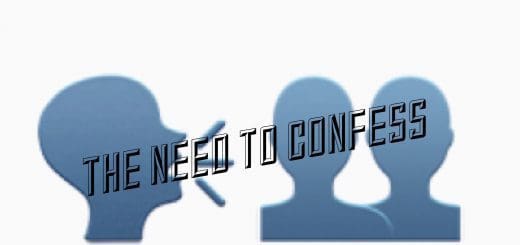Continuing the Conversation: How will we know?
The following question was submitted during last week’s Reel Teens Pittsburgh Facebook Live Town Hall event:
“How do we know it when we see it or feel it and what do we do?”
This is an important question because often people feel they should wait to seek treatment until they can’t handle things on their own anymore.
But how will I know when I should seek help?

Photo Credit: yoohamoronx Flickr via Compfight cc
First, it’s always okay to seek help – even if you’re not sure if you are experiencing a specific mental health problem. Almost everyone can benefit from receiving professional help at some point in their lives. However, it might be time to reach out to someone when you are having trouble managing, you’re overwhelmed or when your thoughts and feelings are limiting your daily functioning. There are a wide range of signs, but if you are feeling any or a combination of the following things, it might be time to talk to someone.
- Feeling intensely sad, angry or otherwise “not yourself.” Sometimes the signs are obvious but at other times, something may feel slightly off and you can’t figure out what it is.
- Substance abuse such as alcohol, drugs or food
- You’ve lost someone or something important to you
- Something traumatic happened, and you cannot seem to stop thinking about it
- You have unexplained and recurrent headaches, stomach aches or a rundown immune system (stress can affect you physically)
- You’re getting negative feedback at school or from work
- You feel disconnected from previously enjoyed activities
- Your relationships are strained
- Your friends and family have told you they’re concerned
One or two of these symptoms alone cannot predict a mental illness. However, if you are experiencing any of them, it can be useful to talk to someone. For more information about when to get help, visit Mental Health America.
How do I know when others might need help?
Mental Health America lists some of the different signs between adolescents and young adults and older adults for when it might be time to seek mental health treatment. The list can help you recognize signs for yourself, but also for others. MentalHealth.gov put together a similar list for when someone might be showing signs of a mental health problem. Early warning signs include:
- Eating or sleeping too much or too little
- Pulling away from friends and family, as well as usual activities
- Substance abuse
- Yelling or fighting with friends and family
- Problems in relationships
- Having difficulty completing daily tasks (like getting to school or work)
What should I do if I want to seek treatment?
Learning about early warning signs and acting can help. After realizing that you might want help, the best and often the hardest place to start is by sharing your symptoms and what you’re feeling with someone you trust. Most people who seek help end up feeling better. To find out more, read ‘Continuing the Conversation: Who to go to first?‘
What should I do if I think someone else might need treatment?
MentalHealth.gov reminds us that anyone can experience mental health problems. However, there is support. It is important to familiarize yourself with the early warning signs. Then if you believe someone is experiencing a problem, try talking to them directly and encouraging them to seek help. You can offer support by:
- Find out if the individual is currently receiving care
- Help connect them to someone who can help them (like their primary care physician or mental health professional)
- Educate them about available help and that mental health problems are treatable
- Ask questions and actively listen
- Reassure them that you care and they are not alone
- Help them manage daily tasks and responsibilities
For more ways to support a friend or family member who is showing signs of a mental illness, visit Talk About Mental Health. There are also tips about how to start the conversation with someone about their mental health such as:
I’ve been worried about you. Can we talk about what you’re experiencing? If not, who are you comfortable talking to?
or
It seems like you’re going through a difficult time. How can I help you find help?
Remember, some individuals might not accept the help you offer and you cannot force them to reach out for help. If this happens, try to be patient and inform them how to seek help when they’re ready. Also, be sure to look after yourself and make sure you don’t become unwell!
If you feel it is an emergency, visit our Crisis Support Resources page.
How did you know when it was time to seek treatment or to talk to someone? What did you do? Have you ever noticed someone else might need help? Again, please leave a comment below if you have any questions or thoughts about the subject of today’s post!




Recent Comments